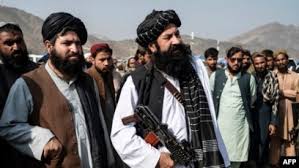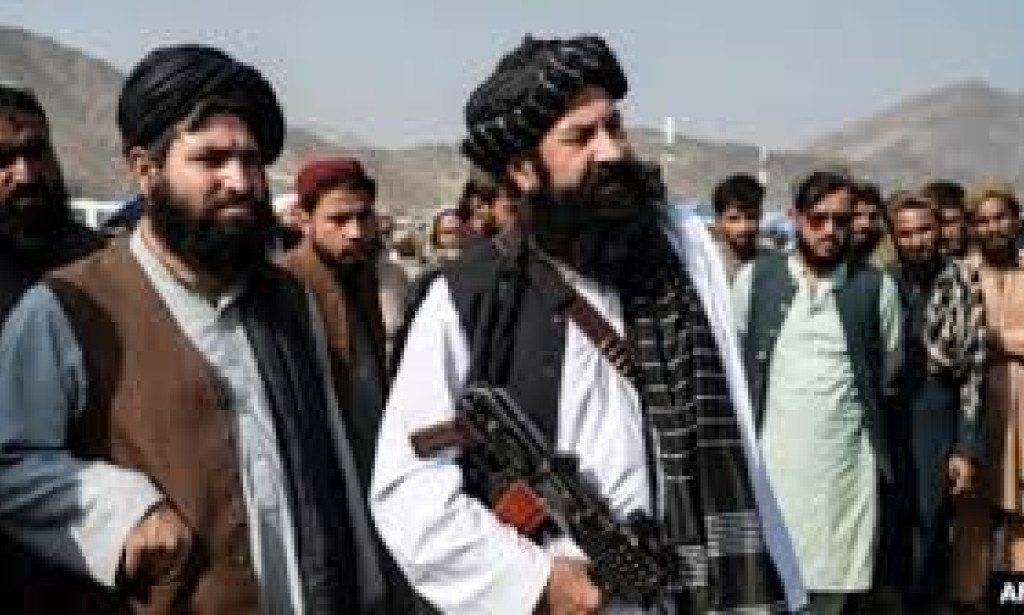1. Introduction: The Taliban’s Presence in Pakistan
The Taliban’s role in Pakistan has been a subject of intense debate among political analysts, security experts, and the general public. While some factions believe that Pakistan benefits strategically from maintaining ties with the Taliban, others argue that their presence has exacerbated terrorism, instability, and international isolation.
The discussion intensified after the Taliban’s takeover of Afghanistan in 2021, which significantly shifted regional dynamics. This development raised concerns about cross-border militancy, Pakistan’s internal security, and relations with global powers.
The core question remains: Are the Taliban "good boys" or "bad boys" for Pakistan? To answer this, we must analyze their historical ties, impact on security, economy, and foreign policy challenges.
2. Historical Ties Between Pakistan and the Taliban
Pakistan’s relationship with the Taliban dates back to the 1990s, when the country was among the few to recognize the Taliban-led government in Afghanistan. Several key factors shaped these ties:
- Support During the Afghan War (1990s) – Pakistan provided logistical, military, and political support to the Taliban in their fight against the Northern Alliance.
- Post-9/11 Fallout – After 9/11, Pakistan officially aligned with the U.S. in the War on Terror but remained accused of harboring Taliban elements.
- The Afghan Peace Process – Pakistan played a critical role in facilitating peace talks between the Taliban and the U.S., leading to the Doha Agreement (2020).
- Taliban’s Return to Power (2021) – After the U.S. withdrawal, the Taliban regained control of Afghanistan, rekindling complex diplomatic and security challenges for Pakistan.
These historical engagements continue to influence Pakistan’s policy decisions regarding the Taliban today.

3. Security Concerns: A Threat or an Ally?
One of the most pressing concerns regarding the Taliban’s presence is Pakistan’s security situation.
Potential Security Benefits:
- The Taliban’s rule in Afghanistan has weakened anti-Pakistan elements like the Baloch separatists.
- Pakistan has historically used the Taliban as leverage in regional conflicts, particularly against India.
- The Taliban’s cooperation could help secure Pakistan’s western border.
Major Security Threats:
- The Tehreek-e-Taliban Pakistan (TTP), a Taliban-aligned militant group, has intensified attacks within Pakistan, posing a serious security challenge.
- Cross-border terrorism has led to rising tensions between Pakistan and Afghanistan.
- There is an increased risk of radicalization, particularly in Pakistan’s tribal regions.
While some believe that engaging the Taliban diplomatically can bring stability, others argue that their extremist ideology fuels terrorism in Pakistan.

4. Economic Impact of the Taliban’s Influence
The Taliban’s resurgence has had economic repercussions for Pakistan in several ways:
Negative Economic Consequences:
- Trade Decline – Trade between Pakistan and Afghanistan has been disrupted due to border tensions and restrictions.
- Investment Uncertainty – International investors remain wary of Pakistan’s association with the Taliban, affecting foreign direct investment (FDI).
- Security Costs – Increased spending on counterterrorism operations strains Pakistan’s already fragile economy.
Potential Economic Gains:
- Strategic Trade Routes – A stable Afghanistan under Taliban rule could help facilitate trade through Pakistan’s Gwadar Port.
- Border Trade Agreements – Pakistan has attempted to revive cross-border commerce with the Taliban-led Afghan government.
Despite these potential benefits, Pakistan’s economy faces significant challenges due to instability and security risks linked to the Taliban.
5. Diplomatic Challenges and Global Relations
Pakistan’s engagement with the Taliban has led to diplomatic challenges on multiple fronts:
Strained Ties with the U.S. and Western Allies
- The U.S. remains suspicious of Pakistan’s ties with the Taliban, affecting military aid and economic support.
- Western nations demand that Pakistan pressurize the Taliban to ensure women’s rights and counter-terrorism commitments.
India’s Strategic Maneuvers
- India has expanded its influence in Afghanistan, complicating Pakistan’s regional strategy.
- Any Pakistani-Taliban collaboration could be countered by India’s growing ties with Afghan opposition groups.
China’s Role
- China has shown interest in working with both Pakistan and the Taliban to expand the China-Pakistan Economic Corridor (CPEC) into Afghanistan.
- Beijing’s security concerns about terrorist threats from Afghanistan could impact its investments in Pakistan.
Diplomatically, Pakistan faces a balancing act between the Taliban, Western powers, and regional actors like China and India.
6. Future Scenarios: What Lies Ahead for Pakistan?
Looking ahead, Pakistan has three primary policy options regarding the Taliban:
-
Full Engagement:
- Strengthening diplomatic ties to ensure cooperation on security and trade.
- Pressuring the Taliban to curb terrorist activities against Pakistan.
-
Limited Cooperation:
- Maintaining strategic ties while ensuring diplomatic neutrality.
- Working with global powers to facilitate economic aid to Afghanistan.
-
Confrontation:
- Imposing strict border control measures and military action against Taliban-linked militant groups.
- Aligning with international forces to counter extremism in the region.
The Taliban’s future impact on Pakistan depends on how Pakistani leadership navigates these challenges. Strategic decision-making will determine whether the Taliban remain "good boys" or "bad boys" for Pakistan.



You must be logged in to post a comment.